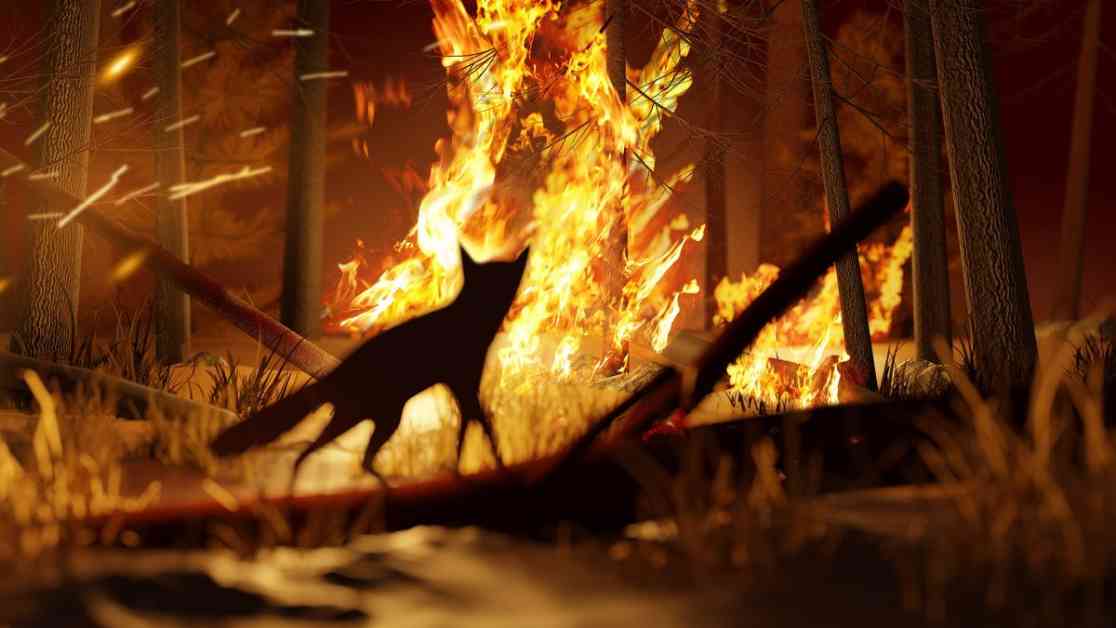One-Third of Earth’s Species at Risk of Extinction by 2100: Urgent Action Needed
Almost a third of Earth’s species could be at risk of extinction by 2100, a new study finds. Climate change is causing shifts in temperatures and precipitation patterns, altering habitats and species interactions, leading to a rapid acceleration of extinctions.
Study Findings
The study revealed that if global temperatures rise to 2.7 degrees Fahrenheit (1.5 degrees Celsius) above the pre-industrial average temperature, exceeding the target of the Paris Agreement, extinctions would dramatically increase. Species at high risk include amphibians, species in mountain, island, and freshwater ecosystems, and species in South America, Australia, and New Zealand.
Impact of Climate Change
Climate change affects species in various ways, with many unable to adapt or migrate in response to changing environmental conditions. This inability results in population declines and sometimes extinction. For instance, the mismatch in monarch butterfly migration with the blooming of plants they pollinate is a direct result of warmer temperatures.
Study Analysis
The new study, published in the journal Science, analyzed over 30 years of biodiversity and climate change research, encompassing over 450 studies of most known species. If greenhouse gas emissions align with the Paris Agreement, an estimated 180,000 species worldwide will be at risk of extinction by 2100. However, under current emission commitments, the number of species at risk increases significantly, with 1 in 20 species worldwide facing extinction.
Future Projections
Beyond the 1.5 C warming target, the number of species at risk rises sharply, with a high estimate predicting that almost 30% of all species could be at risk of extinction under a 9.7 F (5.4 C) warming scenario.
Expert Opinion
Biologist Mark Urban from the University of Connecticut emphasized the importance of limiting greenhouse gas emissions to slow warming and halt the growing extinction risks. Understanding which species and ecosystems are most affected by climate change can help target conservation efforts where they are needed most.
Takeaway Message
The urgency for action to combat climate change and its impact on biodiversity is clear. Policymakers must take decisive steps to mitigate the risks and protect Earth’s diverse species from extinction.
Olivia Ferrari, a New York City-based freelance journalist, brings a unique perspective to environmental issues, drawing from her experiences living and working in various countries. Her passion for wildlife conservation and climate change advocacy shines through in her insightful articles, urging readers to take action and protect our planet’s precious biodiversity.




